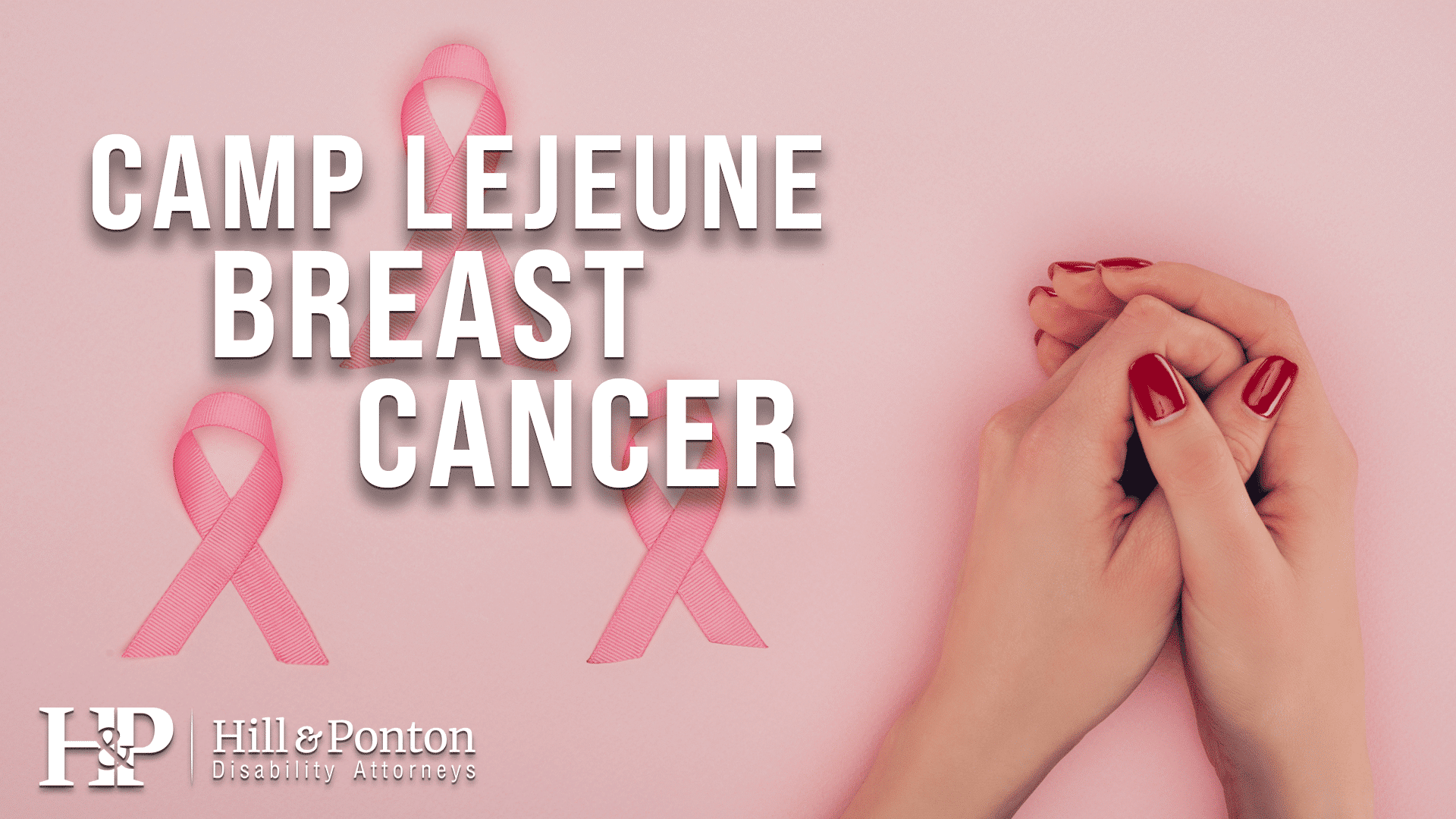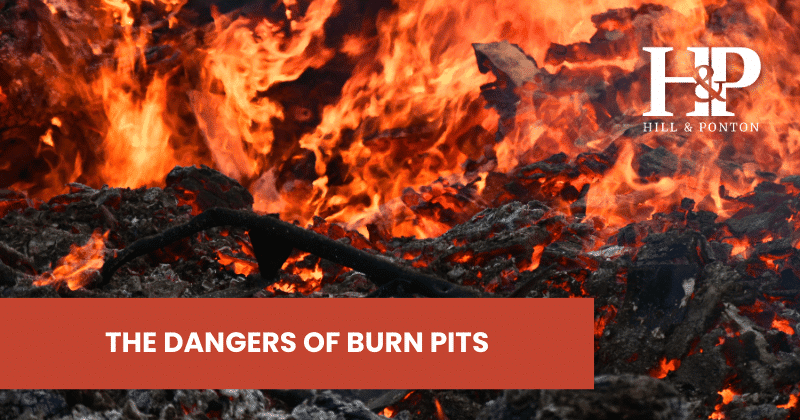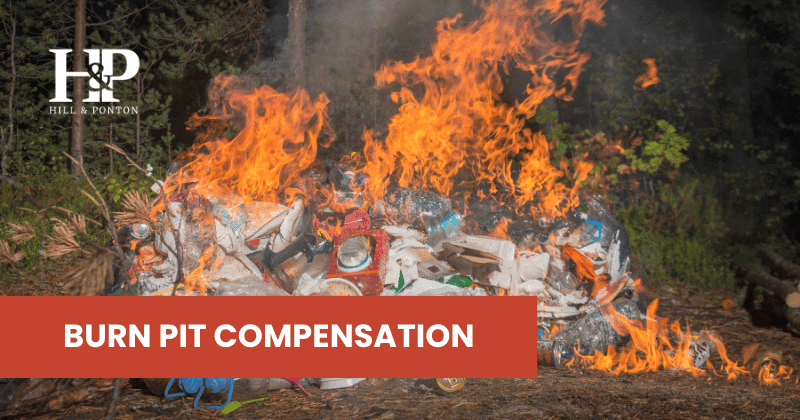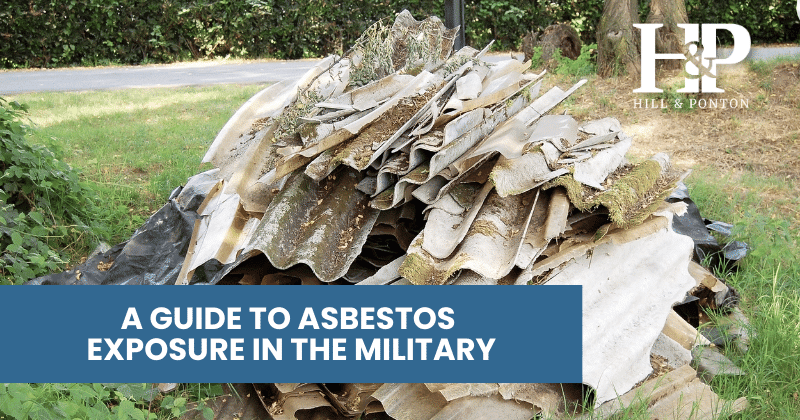The legacy of Camp Lejeune not only bears the weight of military prowess but also the burden of its association with a series of health ailments, including breast cancer. Exposure to the toxic water at Camp Lejeune raises significant concerns regarding its link to breast cancer among both female and male inhabitants during the contamination period.
The VA has recognized that those who were at Camp Lejeune or MCAS New River between August 1953 and December 1987 might have been at risk due to the tainted water. The CDC highlights two primary on-base water wells as potential culprits behind this contamination. These wells contained numerous toxic chemicals, some of which have been linked to breast cancer:
- Trichloroethylene (TCE)
- Perchloroethylene (PCE)
- Trans-1 Dichloroethylene (DCE)
- Benzene Vinyl chloride
- Other compounds further emphasized the wide-ranging nature of this contamination
By 1985, the extent of this contamination became evident, leading to the immediate shutdown of these water wells. The origin of this alarming contamination was traced back to a local dry cleaning facility outside the base. Due to inadequate disposal methods, these toxic chemicals infiltrated the water supply, exposing both military personnel and civilian workers to these alarming toxins.
About Breast Cancer
Breast cancer, one of the most diagnosed cancers, primarily targets breast tissue, but it can spread to other parts of the body. The disease starts when cells in the breast begin to grow uncontrollably. These cells typically form a tumor, which can often be felt as a lump.
Breast cancer cells can invade surrounding tissues and spread to other areas of the body through blood and lymph systems. There are several types of breast cancer, with ductal carcinoma in situ (DCIS) and invasive ductal carcinoma being the most common.
Environmental factors, genetic mutations, and hormone levels can contribute to the development of this disease. However, some exposed to harmful elements like those at Camp Lejeune may not necessarily develop breast cancer, while others might.
Recognizing the Symptoms of Breast Cancer
Early detection remains pivotal in the effective management of breast cancer, making it crucial to be aware of its signs:
- Lumps or masses in the breast
- Pain or tenderness in the breast
- Visible changes in the shape, size, or appearance of the breast
- Unexplained skin changes on the breast (redness or dimpling)
- Nipple discharge other than breast milk, possibly containing blood
- Change in the appearance of the nipple or its direction
- Swelling in the armpit or collarbone area
Recognizing these symptoms and ensuring timely medical consultation can lead to early diagnosis and significantly enhance treatment outcomes.
Am I eligible for VA disability compensation?
You may be eligible for disability compensation payments on a presumptive basis if you meet all of these requirements. These requirements apply to Veterans, Reservists, and National Guard members. Both of these must be true:
- You served at Camp Lejeune or MCAS New River, North Carolina, for at least 30 days total between August 1, 1953, and December 31, 1987, and
- You didn’t receive a dishonorable discharge when you separated from the military
And you must have a diagnosis of 1 or more of these presumptive conditions:
- Adult leukemia
- Aplastic anemia and other myelodysplastic syndromes
- Bladder cancer
- Kidney cancer
- Liver cancer
- Multiple myeloma
- Non-Hodgkin’s lymphoma
- Parkinson’s disease
Evidence shows a link between these conditions and exposure to chemicals found in the drinking water at Camp Lejeune and MCAS New River during this time.
If you resided at Camp Lejeune or MCAS New River, North Carolina, you also may be able to participate in the class-action lawsuit under the Camp Lejeune Justice Act of 2022.
Can I also get health care benefits?
Yes. If you meet the service requirements for Camp Lejeune, you may be eligible to enroll in VA health care. If you have any of the 15 covered health conditions listed here, you won’t have to pay a copay for care for that condition. Here are the 15 covered conditions related to Camp Lejeune:
- Bladder cancer
- Breast cancer
- Esophageal cancer
- Female infertility
- Hepatic steatosis
- Kidney cancer
- Leukemia
- Lung cancer
- Miscarriage
- Multiple myeloma
- Myelodysplastic syndromes
- Neurobehavioral effects
- Non-Hodgkin’s lymphoma
- Renal toxicity
- Scleroderma
Note: If you also get VA health care for other conditions that aren’t on this list, you may need to pay a copay for that care.
How Hill & Ponton is Committed to Supporting Affected Veterans
The tragic legacy of Camp Lejeune’s water contamination continues to impact countless lives. However, with the right legal support, affected individuals can seek and secure the benefits they rightly deserve.
At Hill & Ponton, our primary mission is to advocate for veterans’ rights. We specialize in VA disability benefits, striving tirelessly to navigate the intricate legal processes on behalf of those who served. If you or a loved one have been affected by the Camp Lejeune water contamination, our lawyers are here to guide you every step of the way.
Reach Out Today: You’ve served our country; now let us serve you.
Call Hill & Ponton at 1-888-477-2363 for professional assistance.
If you’ve been denied VA benefits and need help filing a claim, our lawyers can support you. Contact us today and secure the compensation you deserve. Click the button below to begin your free case evaluation.





